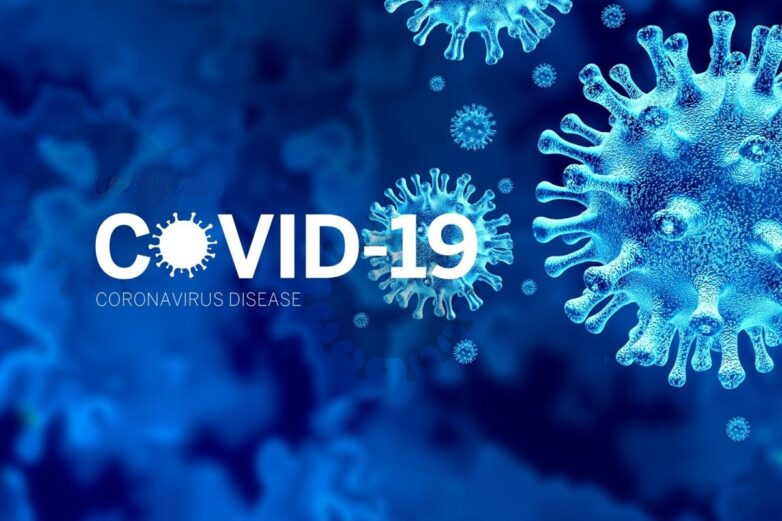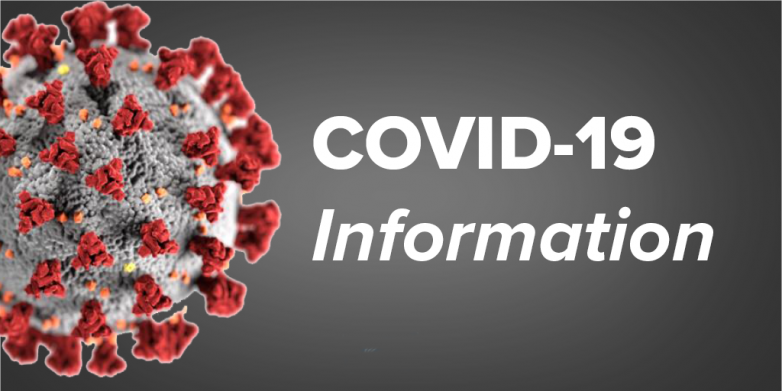By Joe Killian
 The latest poll results from the the Axios/Ipsos Coronavirus Index show that Americans are exhausted with COVID-19 and its variants, with a majority saying they don’t believe they will ever be rid of the virus in their lifetimes.
The latest poll results from the the Axios/Ipsos Coronavirus Index show that Americans are exhausted with COVID-19 and its variants, with a majority saying they don’t believe they will ever be rid of the virus in their lifetimes.
The results, released last week, are the latest indication that while the current BA-5 variant continues to spike infection levels and spur new waves of hospitalizations, fewer Americans are wearing masks, are familiar with the latest treatments or are inclined to get a booster shot if they became available.
Last week, Gov. Roy Cooper announced he would lift the state of emergency related to the pandemic in North Carolina.
This week Dr. David Wohl, professor in the Division of Infectious Diseases at the UNC School of Medicine, told Policy Watch there is an obvious divide between the statistics and medical realities of the pandemic and public perception and sentiment.
“What we’ve seen over the last several months, if not longer, is a disconnect between what may make sense from a public health perspective and what the perspective is of the public,” Wohl said. “Regardless of the way the curves look, whether we’re talking about peaks or valleys, in general, the public has said, ‘We’re going to move on. We’re going to take it on the chin if we’re seeing more cases. We’ll take it on the chin if we see more hospitalizations, maybe even more deaths.’”
Listen to Rob Schofield’s entire conversation with Wohl here.
Today, a by-the-numbers look at COVID exhaustion nearly three years into pandemic that has killed more than a million people in America alone.
78 – the percentage of poll respondents who somewhat or strongly agreed with the statement “we will never fully be rid of the coronavirus in my lifetime”
46 – the percentage who said they have had or suspect they have had COVID-19 since the onset of the pandemic.
71 – percentage who said they believe they have had it once
25 – percentage who said they believe they have had it twice
3 – percentage who said they believe they’ve had it three times
61 – percentage who said their most recent COVID infection came after they were fully vaccinated
33 – percentage who said they personally know someone who has been reinfected in the last few weeks
36 – percentage who said they sometimes or always wear a mask when they are outside their own homes — that is the lowest percentage the polling has found since the onset of the pandemic
36 – percentage who said they never wear a mask outside their homes — a number that is up 14 percent since this time last year
36 – percentage who said they feel as though those around them have moved on from the pandemic but they haven’t
26 – percentage who said they were familiar with the antiviral pill treatment Paxlovid
27 – percentage who said their greatest concern was potentially passing the virus to someone with a higher risk of serious illness
17 – percentage who said their greatest concern was developing long COVID (the next highest concern)
85 – percentage of those fully vaccinated who said they would be very likely get a fourth shot if it were available
74 – percentage who said they would be likely to get another booster if it was recommended annually
76 – percentage if the booster was one that protected against new variants
54 – percentage who said other Americans are behaving in ways that are making the country’s recovery from the pandemic worse



